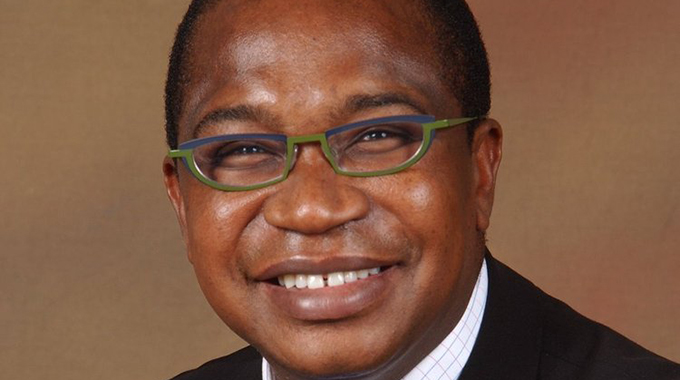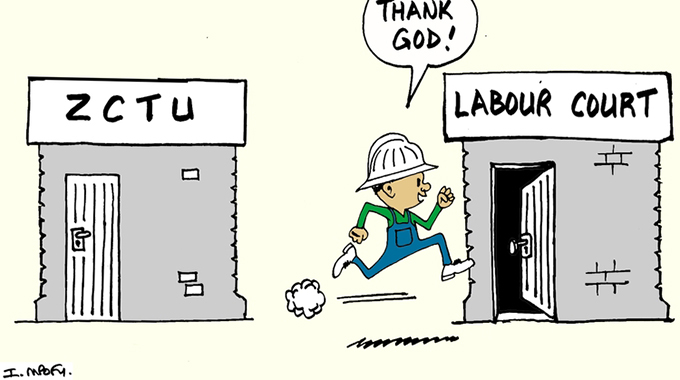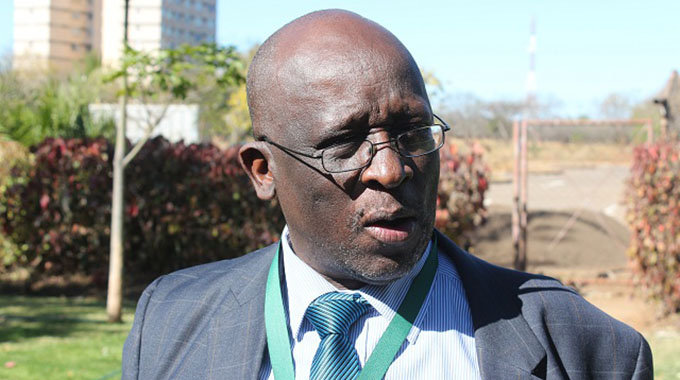COL rises 5,52pc in April

Business Reporters
Zimbabwe’s cost of living rose 5,52 percent in April edging the annual inflation rate to 75,86 percent in rises driven by food and non-alcoholic beverages, latest official statistics show.
On average, prices gained 5,52 percent month-on-month, led by a 20 percent increase in beer prices, statistics from the Zimbabwe National Statics Agency (Zimstat) released yesterday show. In March, month-on-month inflation stood at 4,4 percent.
According to Zimstats, data on prices was collected during the period from April 11 to 17, 2019, a period which also coincided with some businesses aligning prices with the parallel market exchange rate.
Authorities expect inflation to remain high till October, then subside towards the end of the year.
Finance and Economic Development Minister Professor Mthuli Ncube told Parliament yesterday that Zimbabwe will continue experiencing high inflation for a while before it starts cooling off on the back of austerity measures.
The Government is looking at taming high inflation by targeting a gradual decrease in money supply growth for a roughly 10 percent annual expansion in the short term.
“ . . . inflation will remain high until about October this year,” said Prof Ncube. “After that, it is expected to fall right into early next year.”
While prices are beginning to stabilise, some products and services are yet to respond to the new exchange regime following the abolishment of the policy, which pegged the US dollar at par with all forms of local currencies including bond note.
Prof Ncube said prices were beginning to decline, citing the recent reduction of prices of soft drinks by Delta.
“Prices are beginning to calm down,” he said.
“Companies such as Delta have begun to reduce the prices of drinks.
“This demonstrates the fact that our austerity measures that we have in place have managed to curtail demand and the price increases that we have seen so far are totally unjustifiable. Because we continue to have surpluses so we are not increasing the growth of money supply.
“In fact in the last two months, the growth of money supply has been negative so there is no justification whatsoever to increase prices further,” he added.
The year-on-year food and non-alcoholic beverages inflation prone to transitory shocks stood at 92,52 percent whilst the non-food inflation rate was 68,17 percent.
Meanwhile, Prof Ncube said employees should desist from negotiating salaries using the exchange rate
“We should desist from linking our salaries to the US dollar exchange rate,” he said.
“We cannot do that; neither should we do that. What we should be doing . . . is to link salary increases to prices increases . . . as measured by inflation.
There is a basket of consumption, and that basket of consumption is the basis on which inflation is measures.
“So when (we) negotiate (for increases in) wages, you would want to link those wages to increases inflation. Not increases in the exchange rate; that is wrong way to think about negotiating for salaries.”










Comments